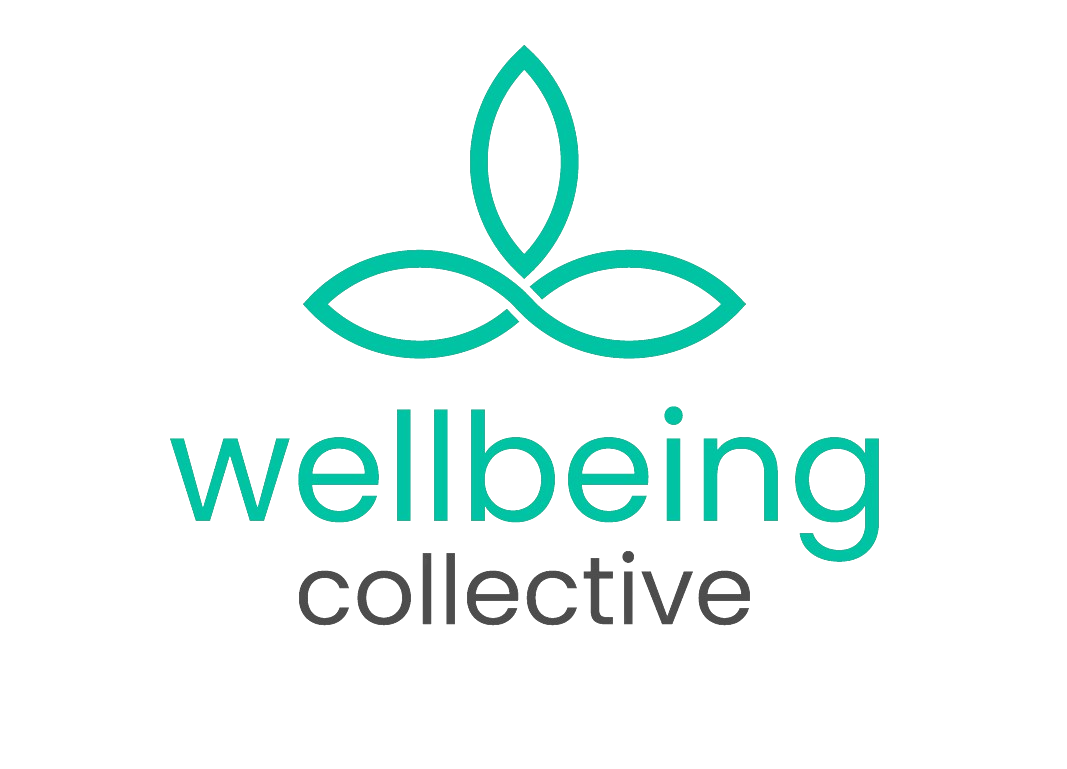How to Take Control Over Changes in Your Hormones by Changing Your Lifestyle

.
Hormones have profound impacts on yourmental, physical and emotional health. Chemical messaging from hormones plays a major role in controlling your appetite, weight and mood amongst other major functions. When your endocrine system is in balance it produces a precise amount of each hormone needed for various bodily processes. However, hormonal imbalances have become increasingly common with today’s fast-paced modern lifestyle and can contribute to issues such as joint pain, weight gain, migraines, acne, sleepless nights, and a diminished sense of wellbeing. In addition, certain hormones decline with age, and some people experience a more dramatic decrease than others.
Fortunately, a nutritious diet and other healthy tweaks to your lifestyle may help improve your hormonal health and allow you to feel and perform at our best.
Interweaving the following activities into a busy day may be just the trick to achieving more hormonal balance.
Nature, Exercise and Sunlight
Working in an office or working from home can limit your interaction with the outside world.
Engaging with the natural world, increasing physical activity and exposing ourselves to short safe bursts of sunlight can promote increases in endorphin, dopamine and serotonin levels, giving you a happy boost any time of the day.
Taking twenty or thirty minutes out of each day whether this means taking your pet on a brisk walk or a leisurely sunset stroll can make drastic changes to your health and happiness.
Even stepping into sunlight for as little as ten minutes in the morning soon after getting out of bed aids in the timely release of the melatonin hormone, which in turn sets your body and sleep clock. Safe bursts of sun exposure is also a great vitamin D fix, which works on your cells to maintain hormonal balance and together, they support bone health.
Music and Meditation
Mediation and music are great ways to relax and send positive messages to yourbrain.
The peace, quiet aura and replenished ability to focus that mediation can facilitate is known to rebalance your stress hormones – adrenalin and cortisol – aiding in nervous system rebalancing and better sleep patterns.
Music can have a powerful and immediate effect on your hormones in many ways – it can raise your anxiety levels if it’s music you don’t like, or have the opposite effect with music you love where the act of getting lost in a joyful or moving musical moment, is an act of meditation itself.
Food and Supplements
What you eat has a direct impact on mood as you go about your day.
Not only are there many anti-inflammatory and anti-oxidant foods that support your gut, liver, heart, brain, eyesight, immune and nervous system functions – to name a few – that in turn affect your health, happiness and hormonal output, but some foods can directly trigger your ‘happy hormones’ – serotonin, dopamine and endorphins. For example, spicy foods tend to trigger endorphin release, whereas yogurt, beans, and eggs are linked to increased levels of dopamine. Salmon, poultry, nuts and seeds can help produce serotonin; similarly drinking green tea can encourage dopamine and serotonin levels.
While making healthy food choices certainly influences your mood, there are many natural supplements designed to sit alongside your diet to help correct specific hormonal and nutritional imbalances with carefully selected ingredients. Magnesium, for example, which influences the production of progesterone, testosterone and oestrogen, can play a critical role in combating anxiety and depression and can be found in chia, pumpkin and flax seeds, legumes and dark leafy greens; but can also be taken as a supplement. Similarly with probiotics – taking a supplement or eating sauerkraut, kombucha, yoghurt and keffir can enhance gut health and balance cortisol levels. Vitamin D regulates stress hormones and can increase dopamine production, can be found in certain foods such as fatty fish, egg yolks and mushrooms, safe amounts of sunshine and in supplement form.
These are just some examples of how food and supplements can alter your hormonal production and mood. It’s worth speaking with your trusted health professional to see how diet and/or a supplements program might fit in with your health and medical needs.
Eating healthily is not just about what you eat, it’s also about how you eat. The everyday act of sharing meals and food preparation keeps you engaged with your loved ones – scientifically proven to have a calming effect on your nervous system. The simple acts of going out for lunch or having a quiet dinner can do wonders for your day!
Sleep and Stress Reduction
With a busy life, stress can often overtake your sleeping schedule. This can have direct negative impacts on your health, serotonin and dopamine levels. These chemical messengers translate signals to create melatonin, a hormone that makes you sleepy.
Dopamine is associated with wakefulness, and a lack of a healthy sleep-wake cycle can decrease the availability of dopamine receptors. With these fewer receptors, dopamine does not have anywhere to attach to, thus making it difficult to stay awake.
Serotonin has a complex role in our sleep-wake cycles. It can both keep you awake and alert and encourage sleep. Produced by the pineal gland to create melatonin, high levels of serotonin can make you feel more awake and alert. But over time the production of serotonin in this area can put you to sleep.
Serotonin can both induce sleep and keep you alert and is required to produce melatonin.
An imbalance of either level can have negative effects on your health, digestion and sleep cycle.
Adopting stress – reducing habits will impact your hormone levels, lead to healthier sleep patterns and leave you with a replenished sense of wellbeing!

